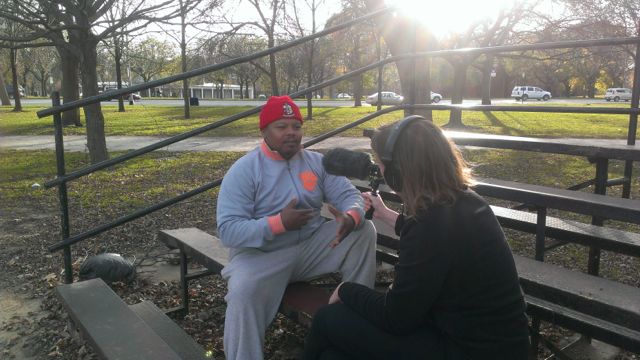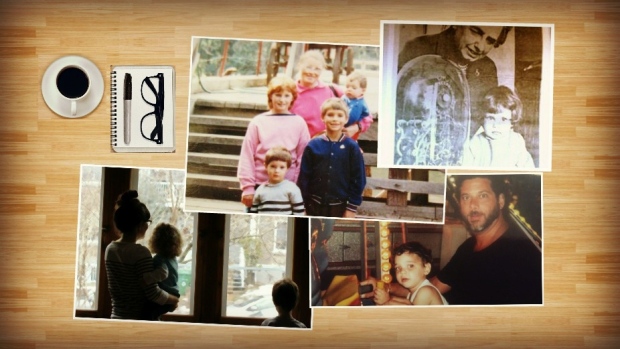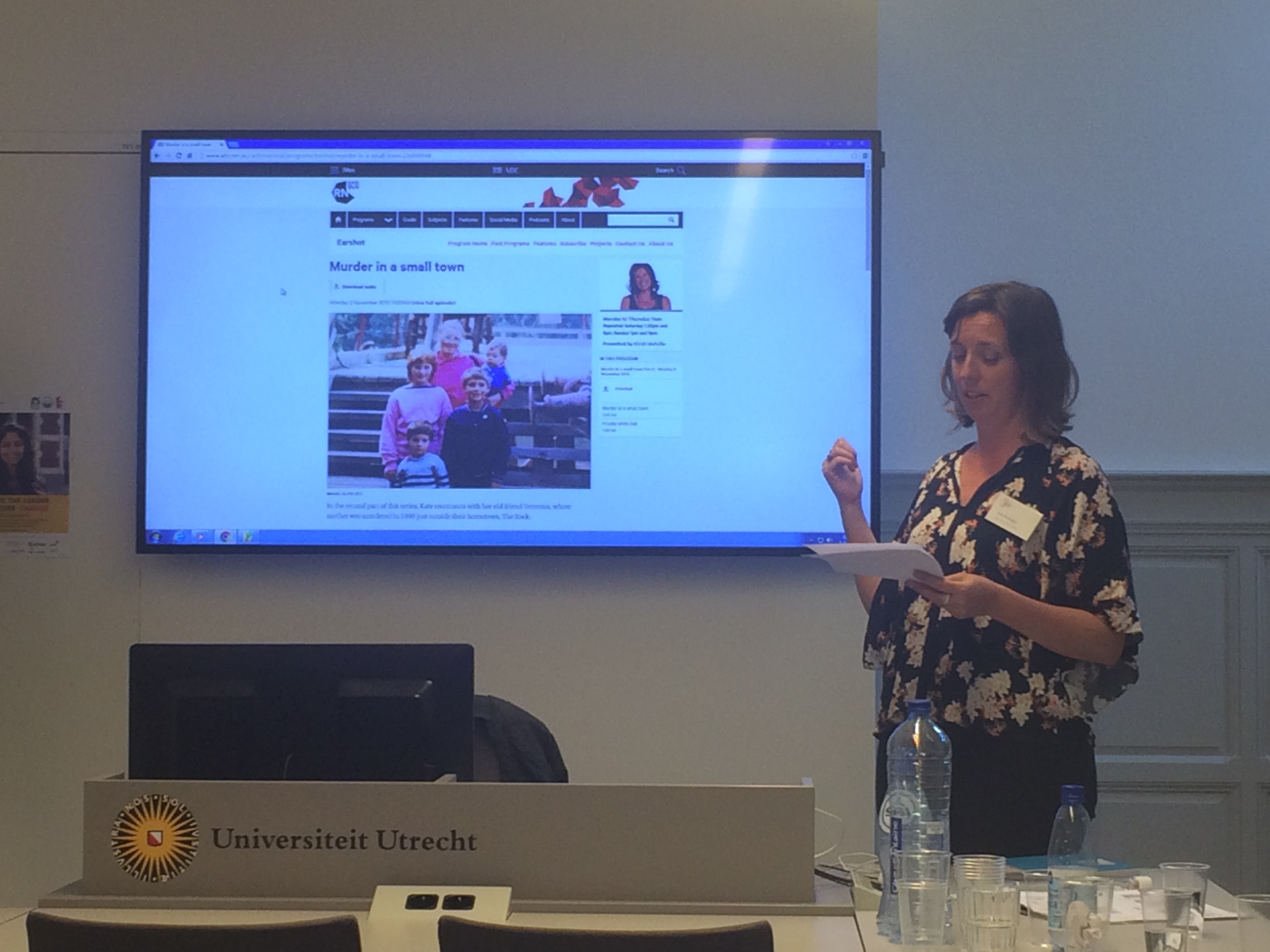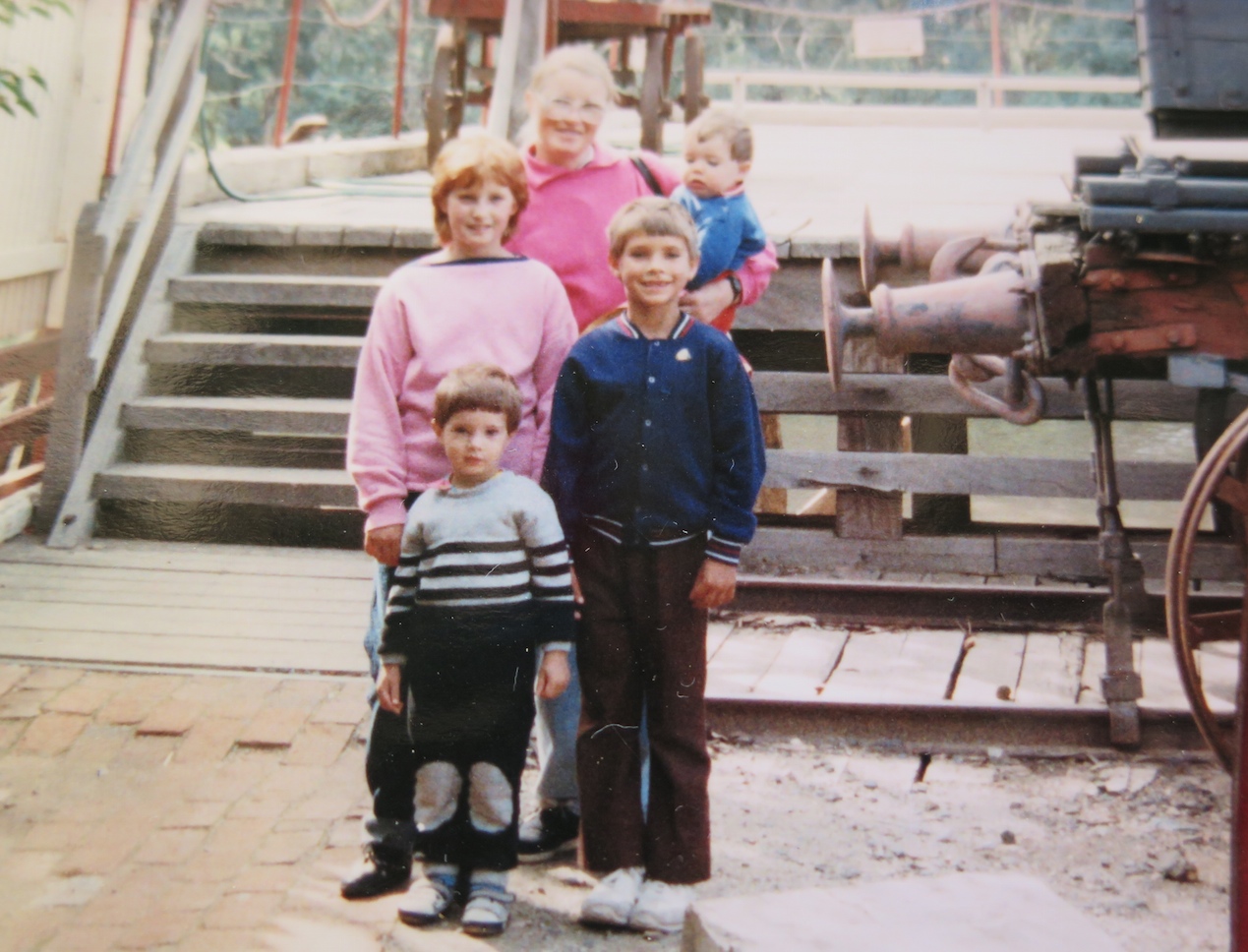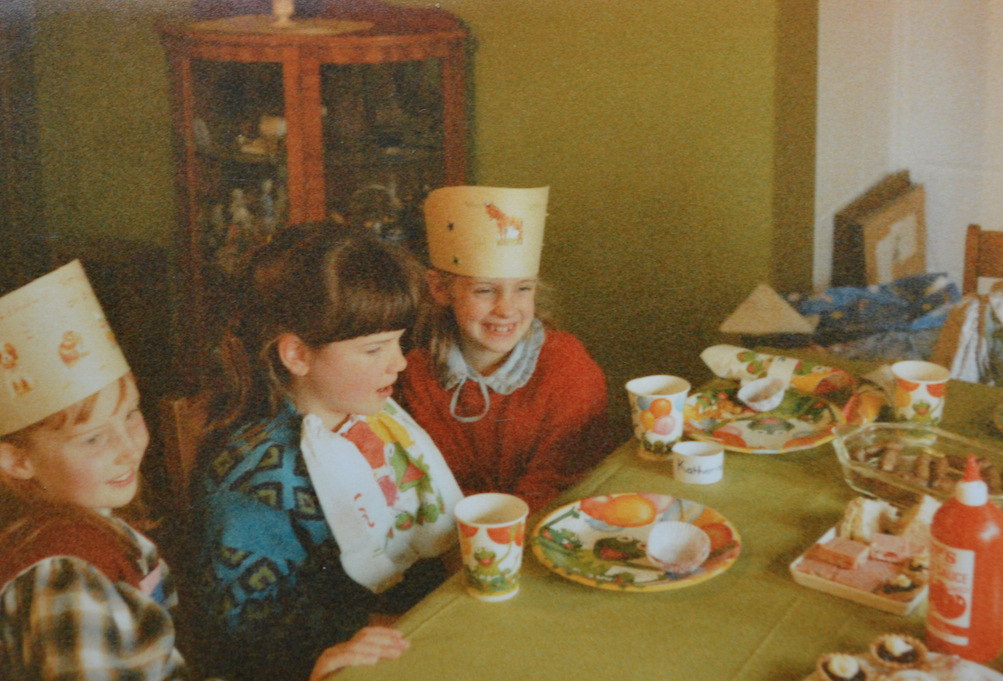I’m in Chicago at the moment doing some research interviews and gearing up for the Third Coast Conference this weekend.
On my first day in the city I met up with LeAlan Jones who shared his personal story in the seminal radio documentary Ghetto Life 101. In 1993, LeAlan (thirteen at the time) and his friend Lloyd Newman (fourteen) collaborated with public radio producer David Isay and produced audio diaries of their life in Chicago’s notorious South Side public housing projects. The boys’ candor, humor and honesty provided the listener with a direct perspective of the harsh realities of poverty and violence in their neighbourhood. Ghetto Life 101 won numerous awards and to this day is considered a significant work in the history of radio documentaries. Along with LeAlan and Lloyd’s follow up piece Remorse: the 14 Stories of Eric Morse (1996), these works championed a new style of self-authored storytelling on the radio.
My conversation with LeAlan is a part of a series of interviews I’m doing for my PhD research into the experience of people who share their story as part of a radio documentary. LeAlan and I chatted about how he feels listening to Ghetto Life and Remorse today. I was curious about how documenting his story all those years ago may have affected his life. One thing that came up was how LeAlan negotiates his youthful perspective and insights recorded in the documentaries, with his 35-year-old self today.
” the most difficult thing for anybody to be, is to be honest with them self. And for me, my life is disciplined by the voice of that 13 year old, and the honesty of the 13 year old”
I got the feeling that LeAlan’s story, eternalised on the public record, has been a check point for him throughout his life, and one that he is immensely grateful for. LeAlan also talked about how sharing his story gave him a stronger sense of his own “voice” and the importance of his own narrative:
“The voice is consistent [and] documentation is what allows humanity to evolve….. growing up I was very fascinated by ancient Egypt, [and] more importantly, I was always fascinated by the writing they had on those tombs …. So for me, the microphone is my ability to document my tomb. I mean I’m going to die one day, but I’m going to live forever through my voice”
